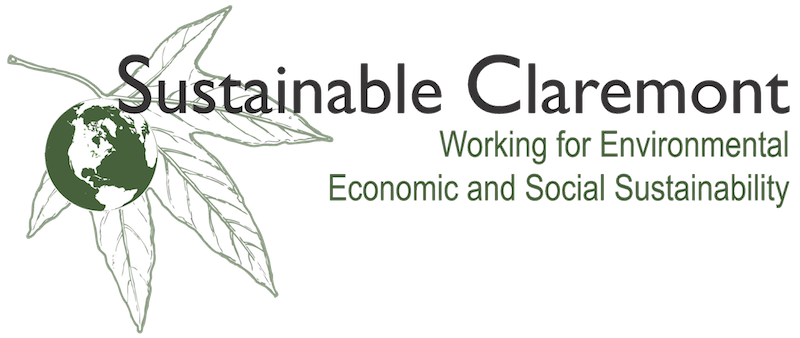The government of China has declared as its goal becoming an ecologically-sensitive civilization. That it has made so strong a verbal commitment is, no doubt, in part because China is at present so far from being that. Its extraordinarily rapid industrialization has been at great cost to the environment. The appalling ecological decline is apparent to everyone. Hence the urgency of a new direction is immediately obvious.
But there is another reason as well. The Chinese government is free to articulate the needs of the nation as many Western governments, and especially that of the United States, are not. The capitalist West, despite its supposed responsiveness to voters, is controlled by economic interests that are more interested in further enriching themselves than in developing a sustainable society. In China the wealthy have a great deal of influence and can probably control many decisions made at the provincial level, especially in the newly rich areas. But the national government of China is not controlled by banks, corporations, or individual billionaires. It is still, in general, free to say what it thinks, and it thinks that sustainability is a necessary goal of national policy. Accordingly, China has committed itself, at least in its rhetoric, to becoming an ecological civilization. Those in China who are truly serious about that goal are given cover for making proposals that in the United States are off the table.
Not many people in Claremont know that there is a kind of Claremont/China axis. An important part of this is the cooperation of a Chinese government think tank, the Central Bureau of Translation and Compilation, and a tiny, local nonprofit, the Institute for Postmodern Development of China (IPDC). These groups began holding conferences together annually on “ecological civilization” even before the Chinese government announced this goal.
The fifth of these conferences, this one on ecological economics, is taking place April 28 and 29 at the Mudd Auditorium of the Claremont School of Theology. All are welcome. Judging from previous years, the Chinese delegation is likely to consist of forty or fifty professors, academic administrators, and midlevel government officials. Chinese translations of the papers will probably receive considerable attention in university and government circles in China. This contrasts with the virtual exclusion of ecological economics from American universities and from governmental discussion.
One of the speakers at the conference is a Canadian who is a senior economics advisor to the Chinese government. He has worked successfully with the Chinese Department of the Environment to persuade the national government to shift the evaluation criteria for provincial governors from gross production to indicators that include concern for sustainability and the wellbeing of the environment. His book, The Economics of Happiness, is taken seriously in China as it is not in North America.
When the Chinese government announced that it would shift its primary focus from industrial/urban development to agricultural/rural development the IPDC applauded, but it also feared that “development” would mean in this instance industrial agriculture. Advocates of this move estimated this would involve building cities for another eight hundred million people. Since industrial agriculture replaces people with fossil fuels, moving in this direction just as the world reaches peak oil is globally threatening.
The IPDC wanted to be sure that at the highest levels there was clear awareness that “development” could also mean a move toward ecological agriculture. To work for an ecological civilization must certainly entail developing an ecological agriculture. The IPDC organized conferences attended by high Chinese officials both in China and in Claremont. Papers on ecological agriculture attracted attention at the highest levels of government. Sadly, the provincial universities of agriculture are staffed by graduates of American agricultural schools and so are steeped in the ideal of industrial agriculture. The outcome of the struggle over the future of Chinese agriculture is far from clear.
Will China lead the world into a desperate struggle for oil and other resources required for “modern” civilization, or will it lead the world in the direction of “ecological civilization.” I suspect that no one knows, not even the top Chinese leadership. But at least we can be sure that the Claremont influence presses in the latter direction.
John Cobb will lead a Sustainability Dialog “Green China?”, free and open to the public, on Monday, May 2, 7:00 p.m. in Pomona College’s Hahn Building, 420 N. Harvard, Claremont. He is author of the classic work on environmental analysis For the Common Good: Redirecting the Economy Toward Community, the Environment, and Sustainability (with economist Herman Daly, 1989).
Demystifying Sustainability is an initiative of Sustainable Claremont (sustainableclaremont.org).
